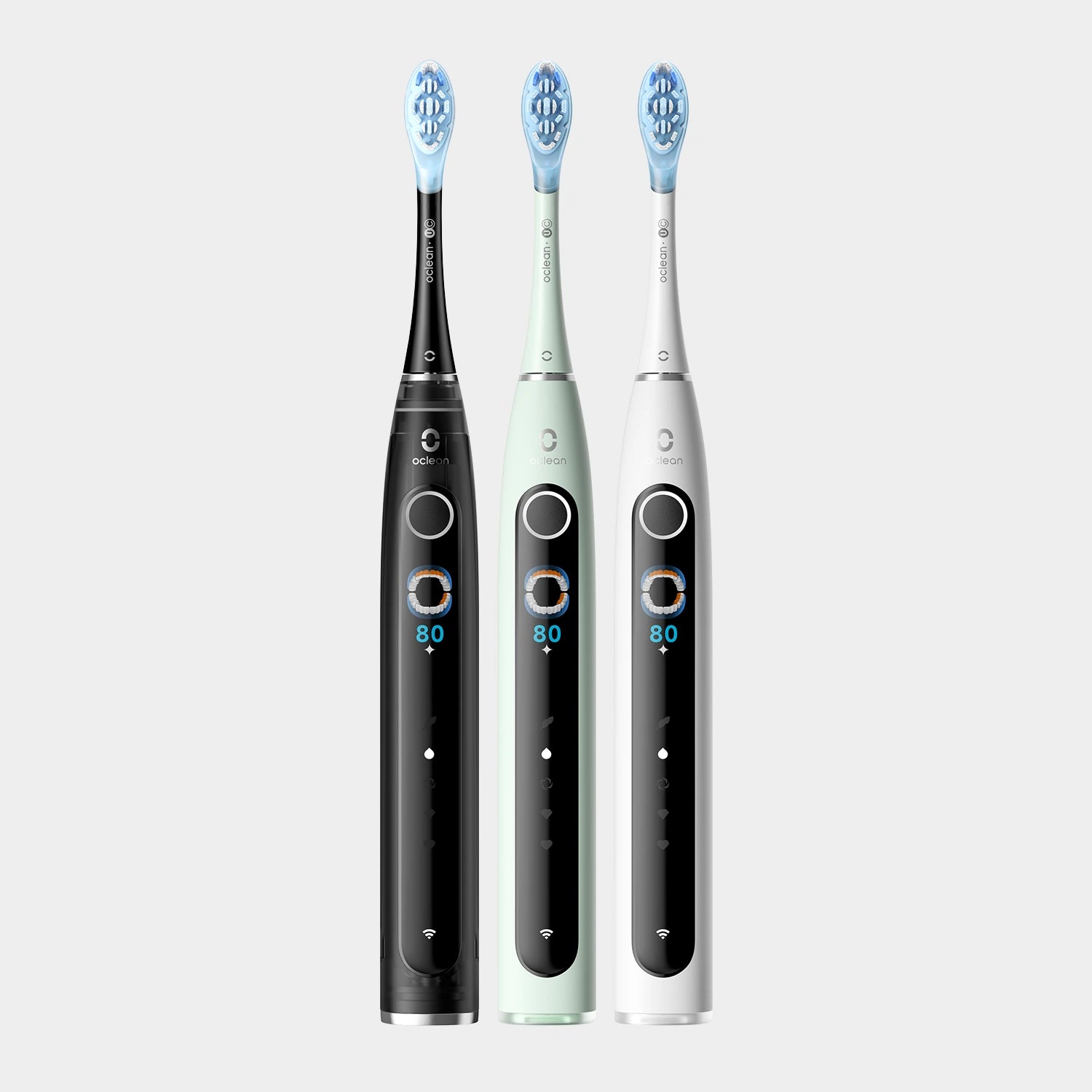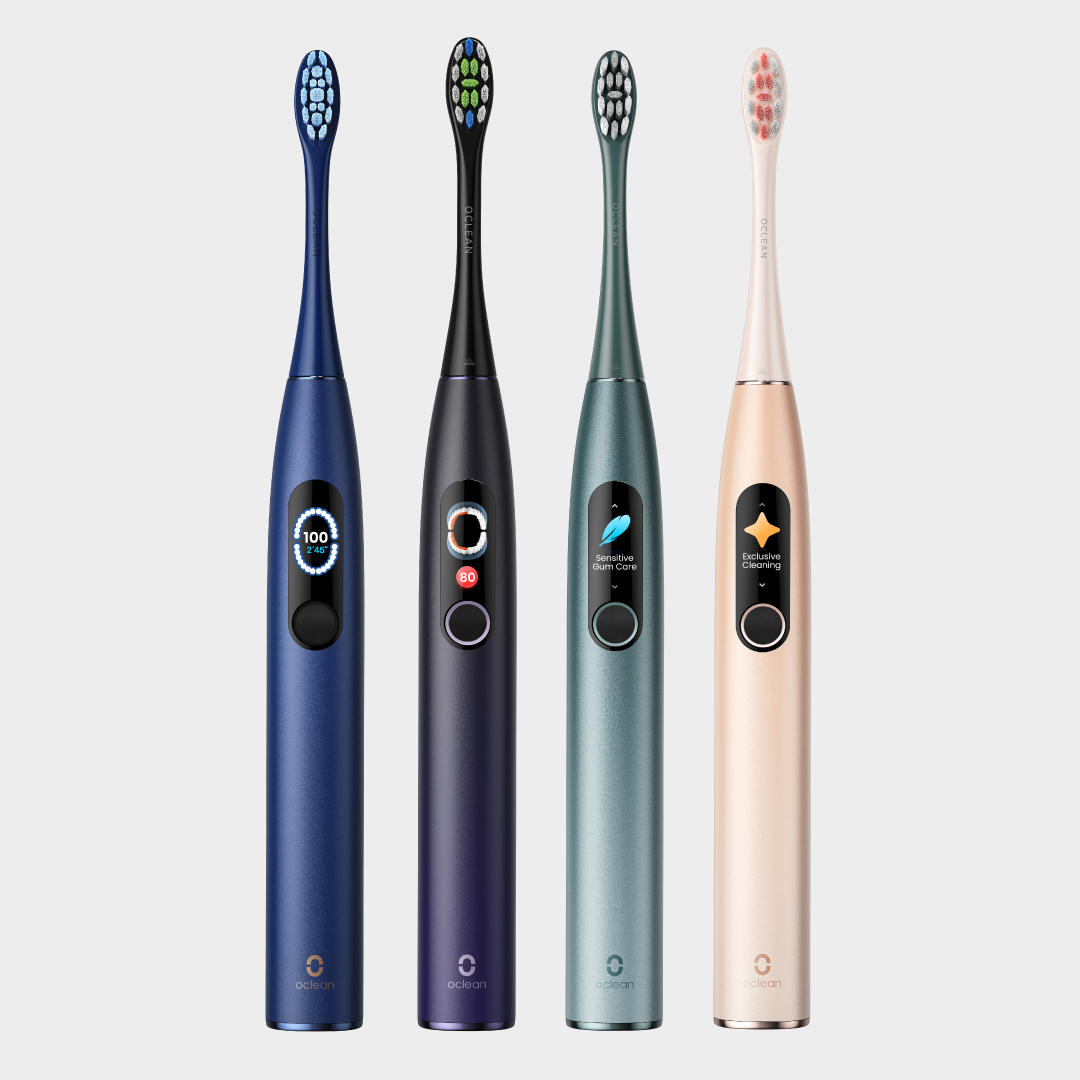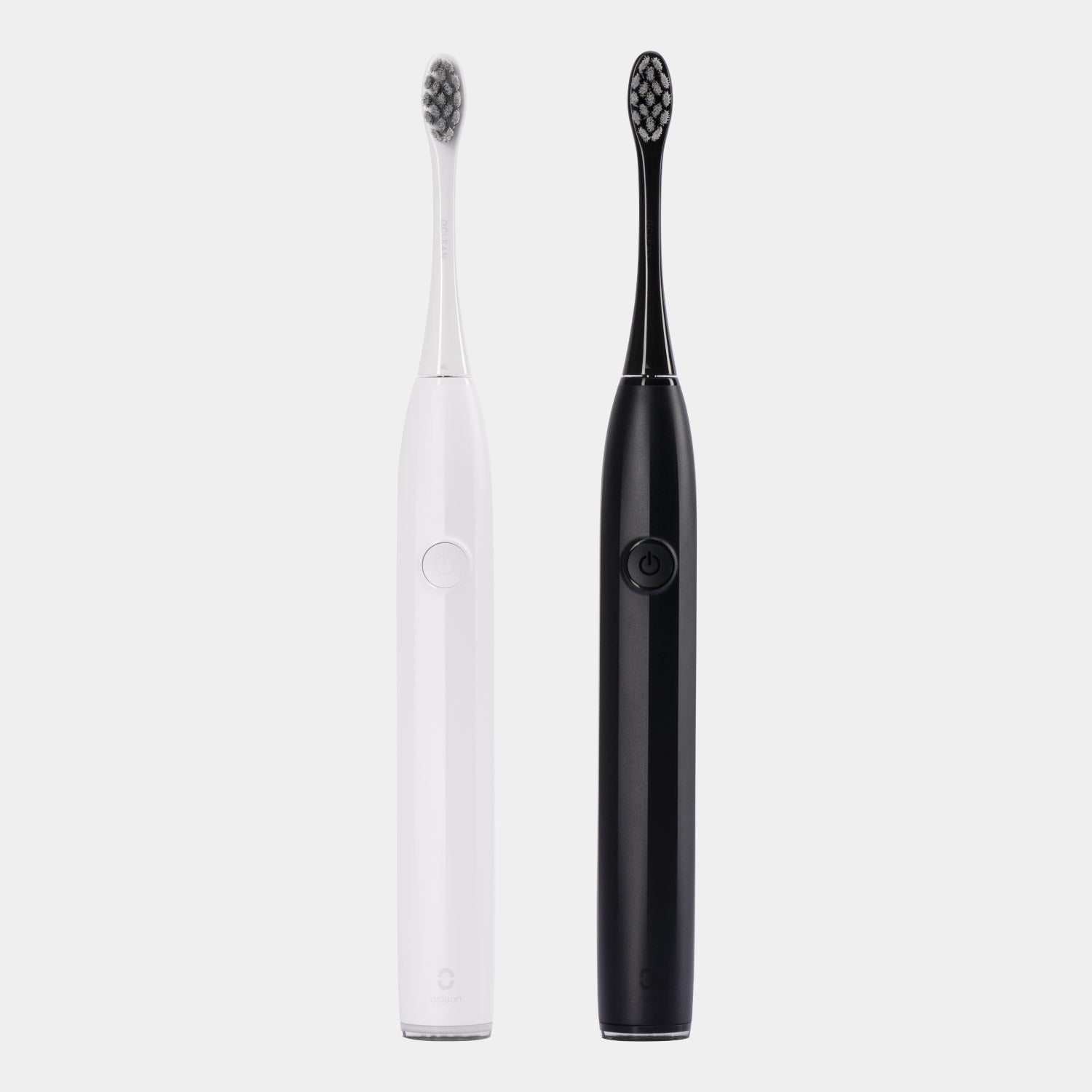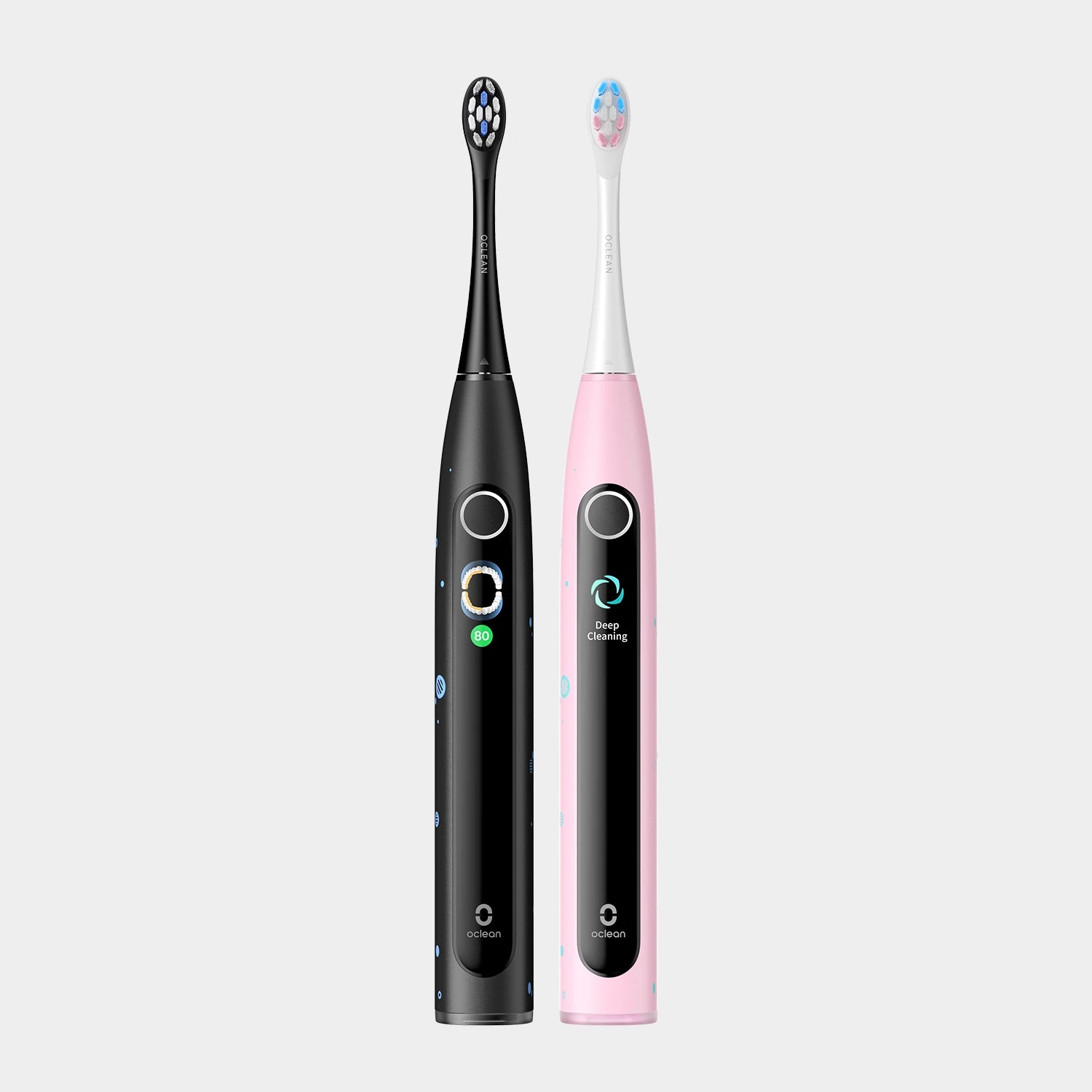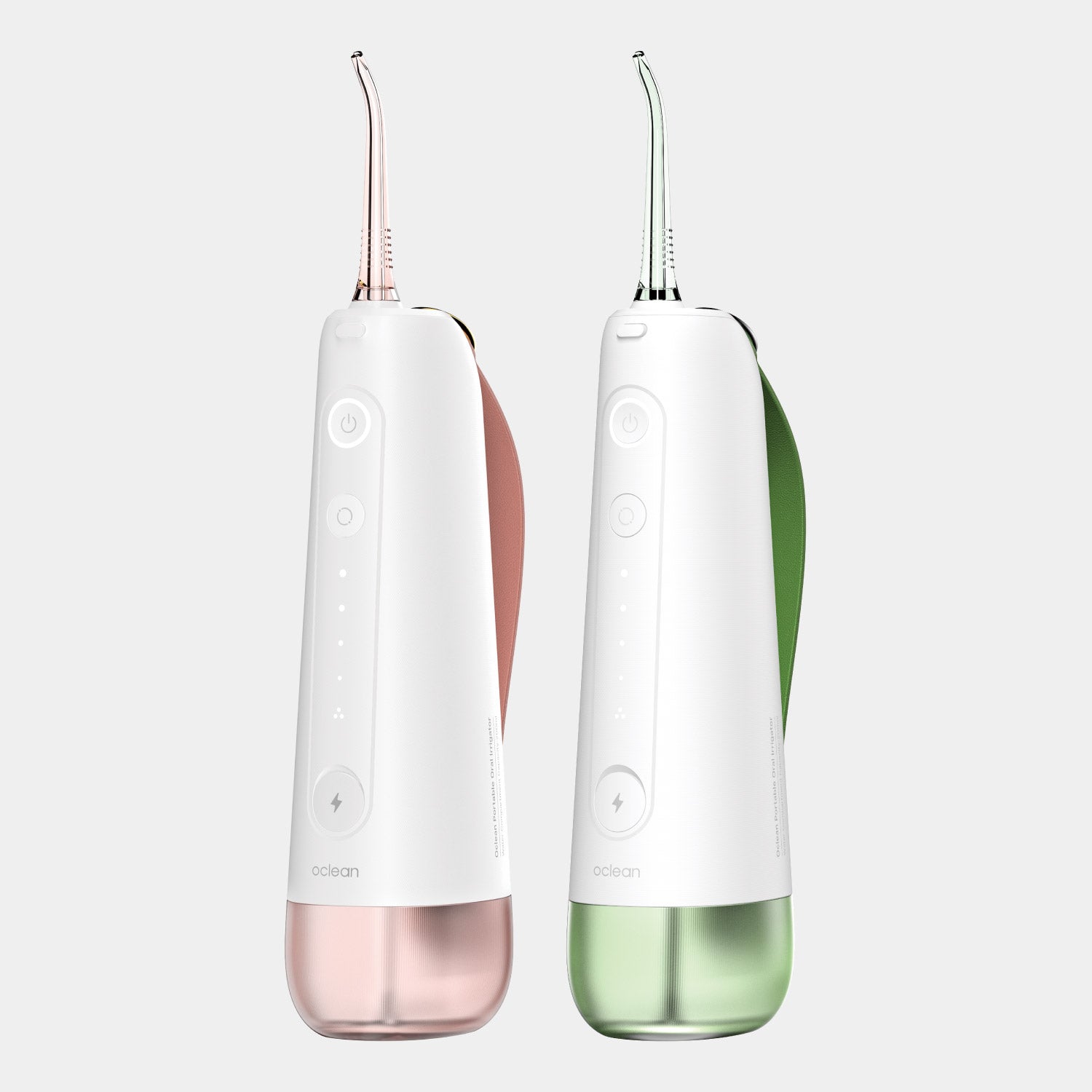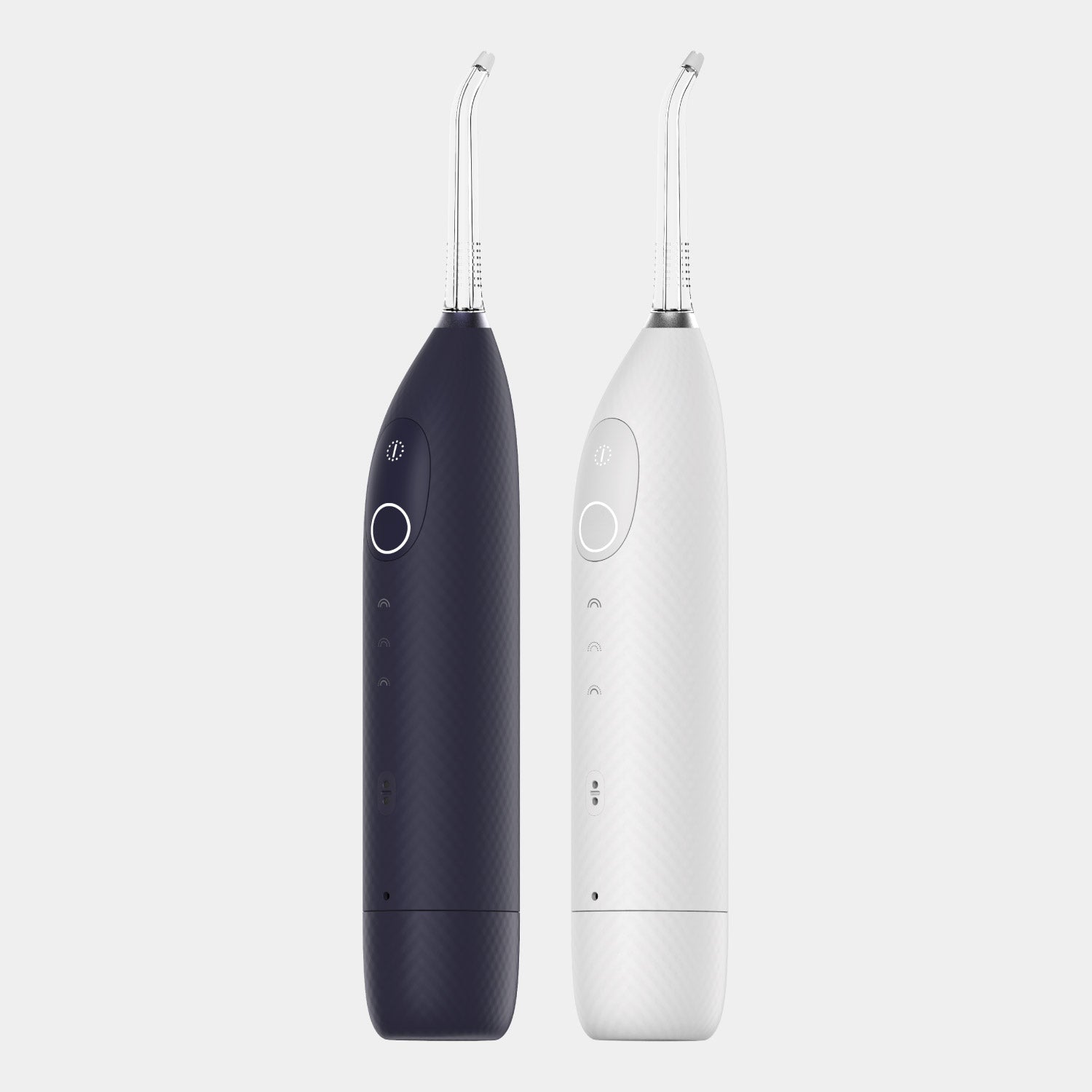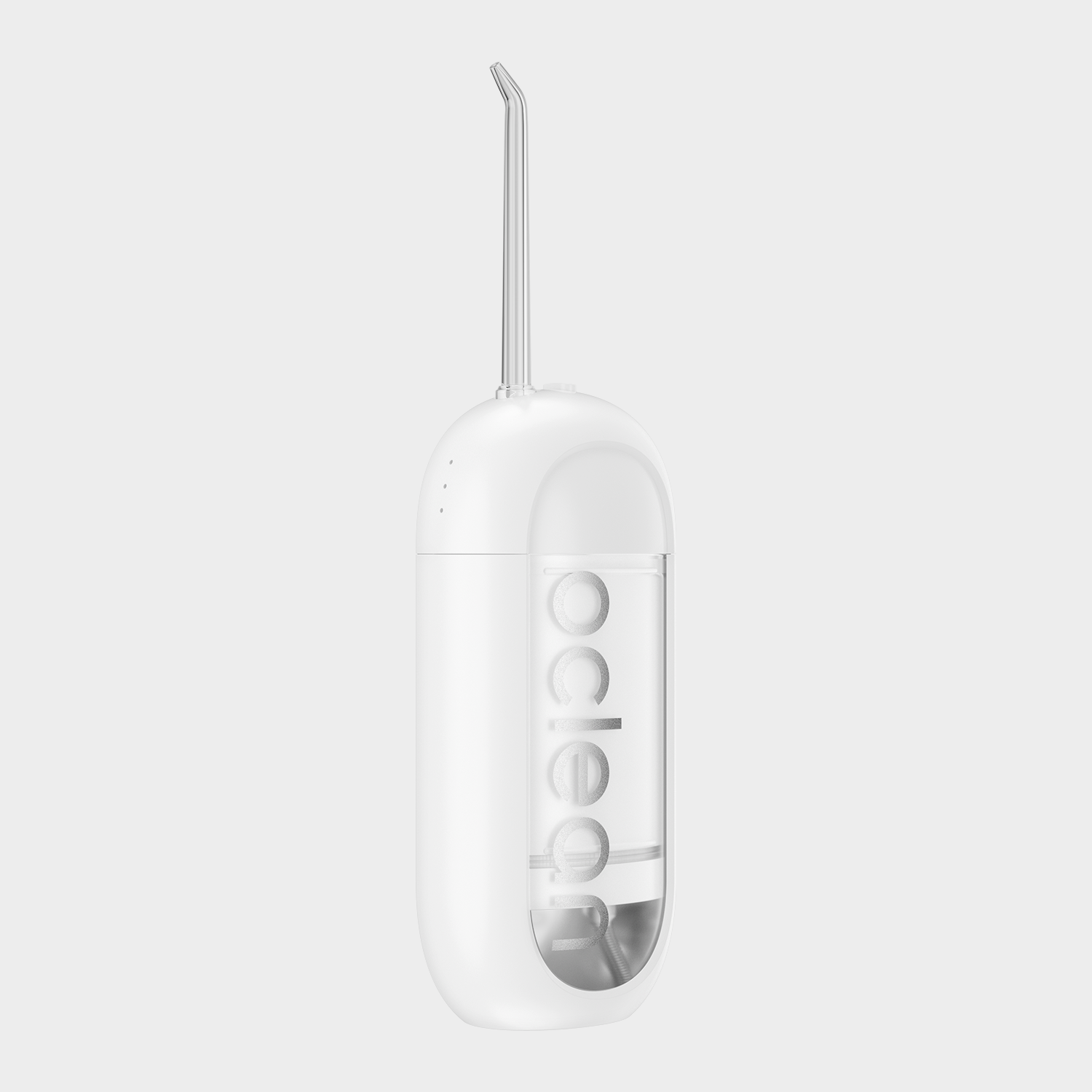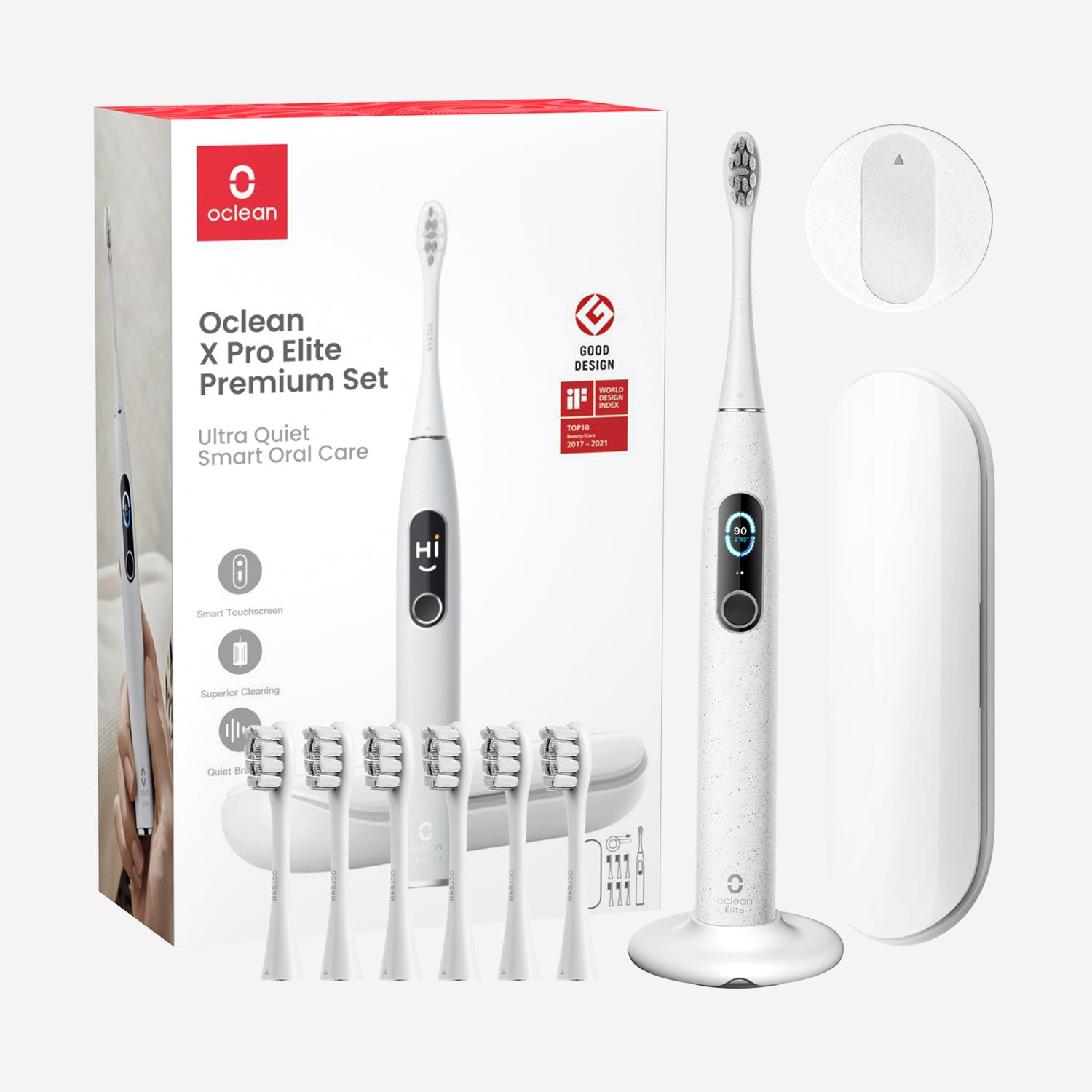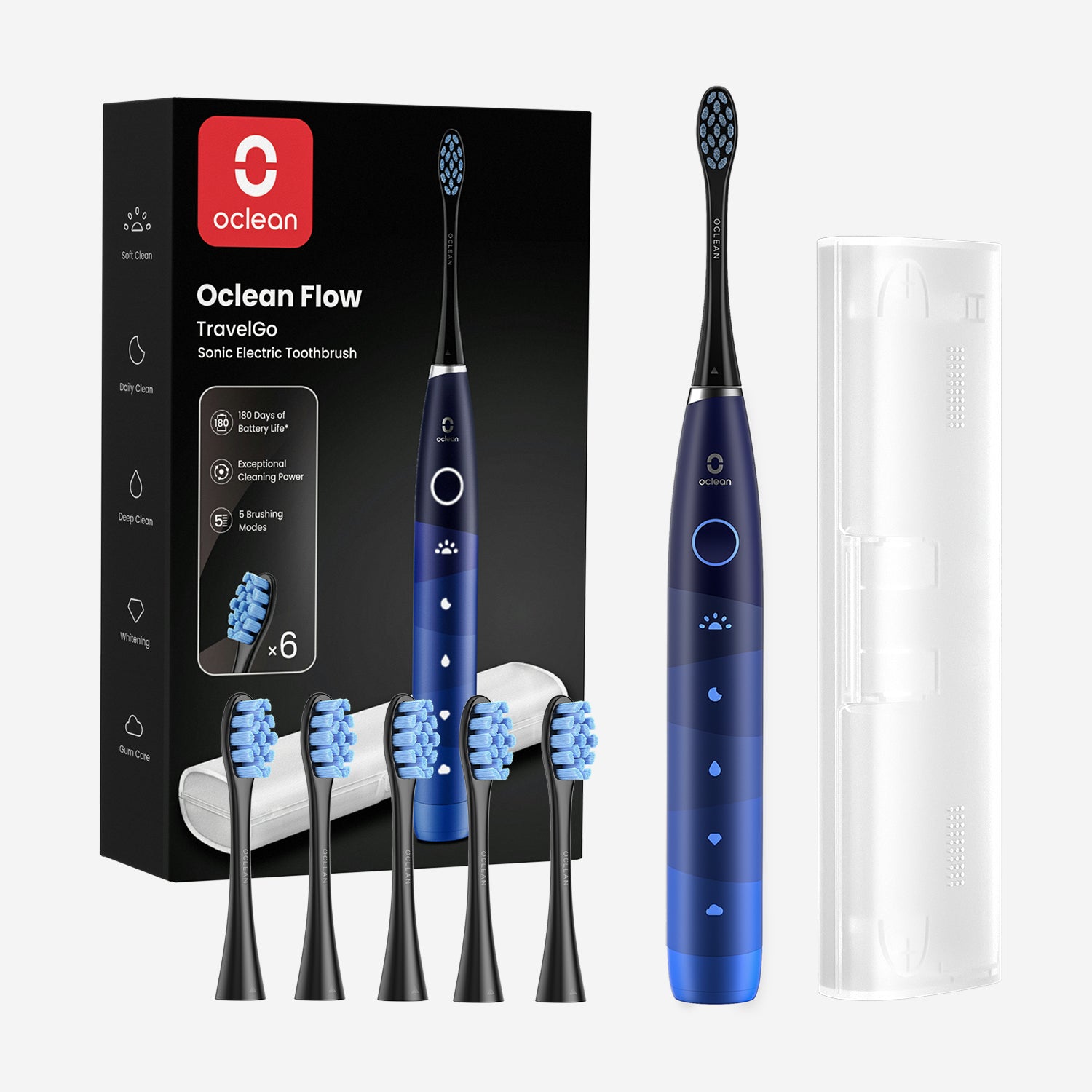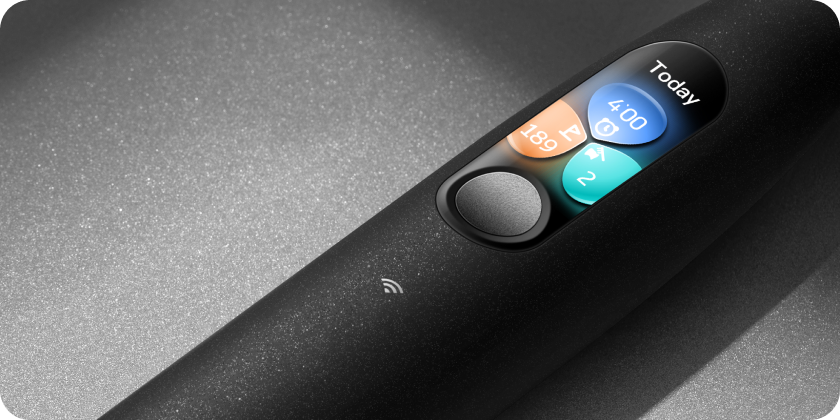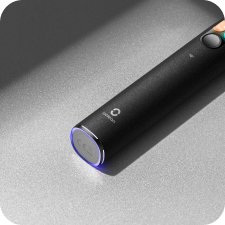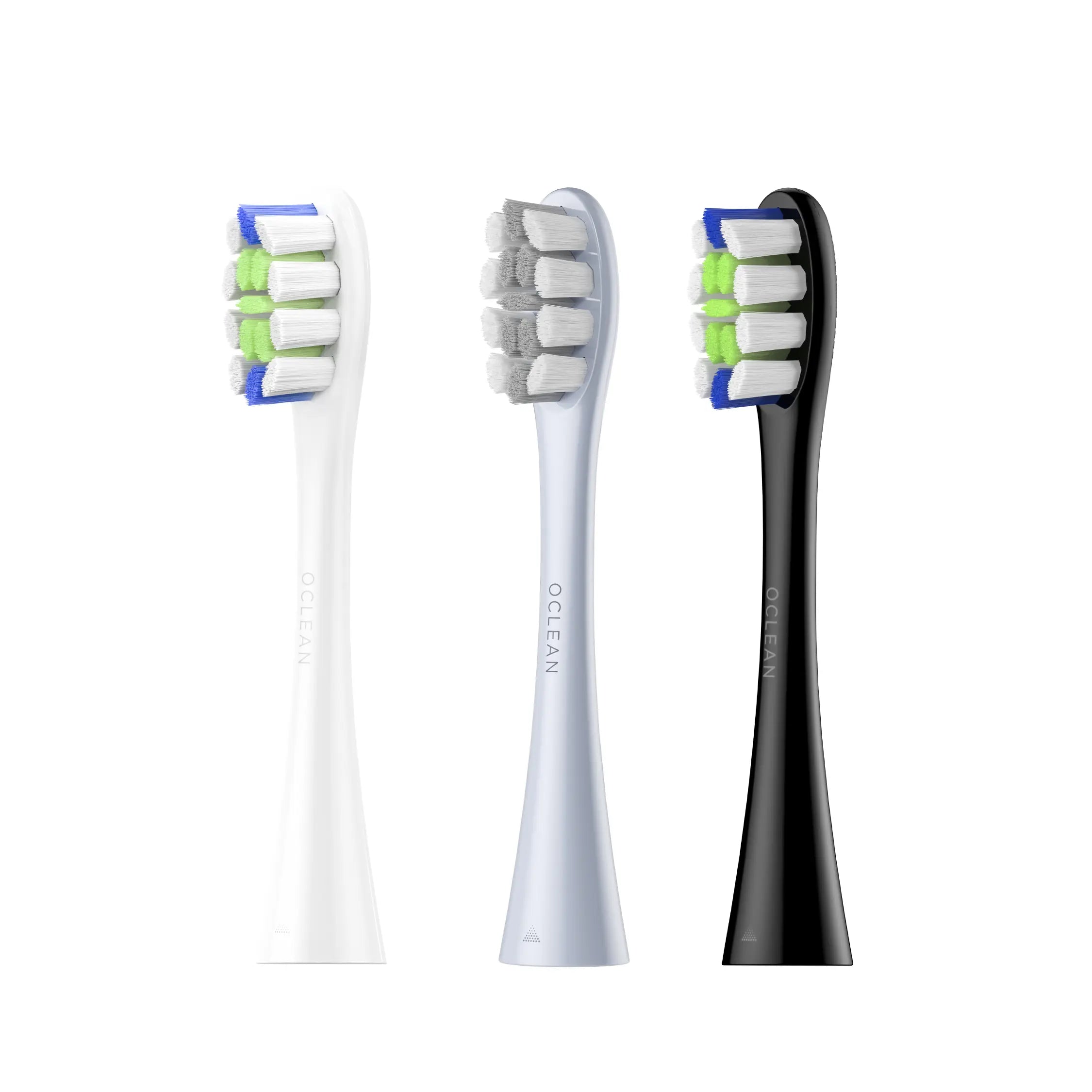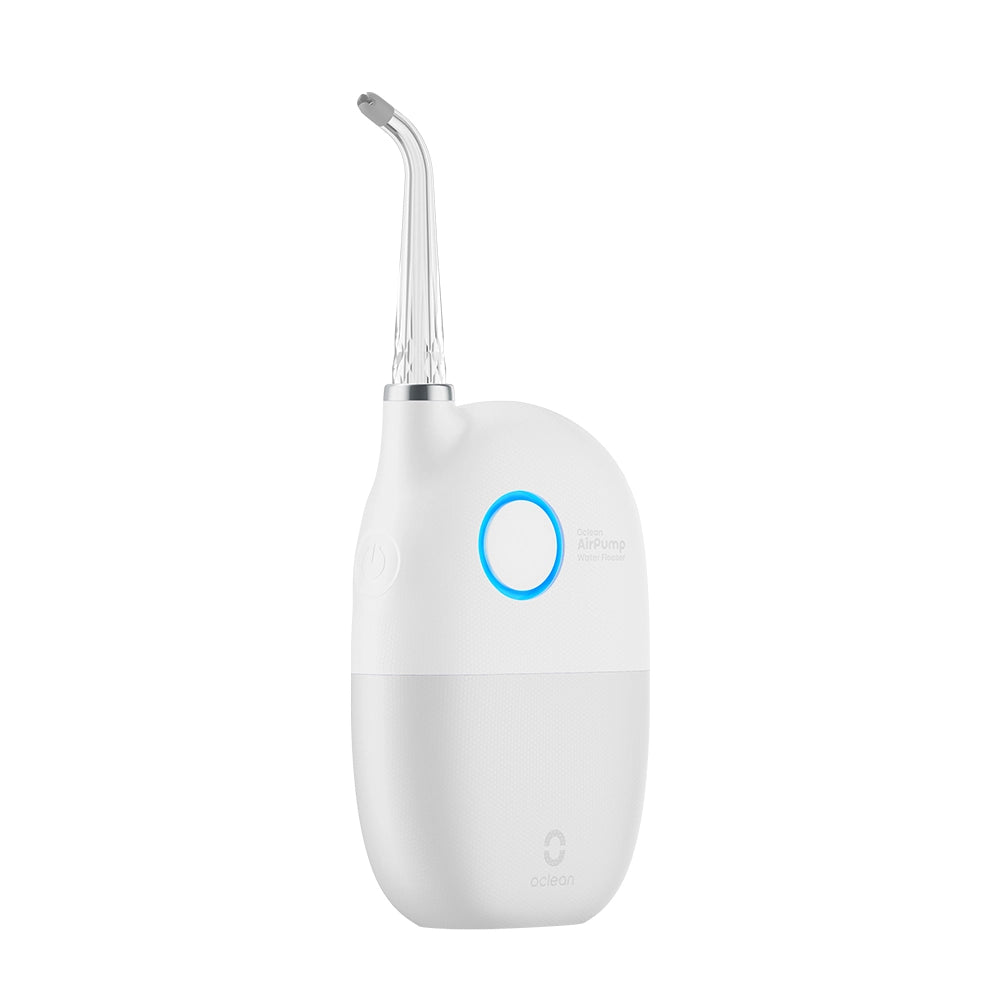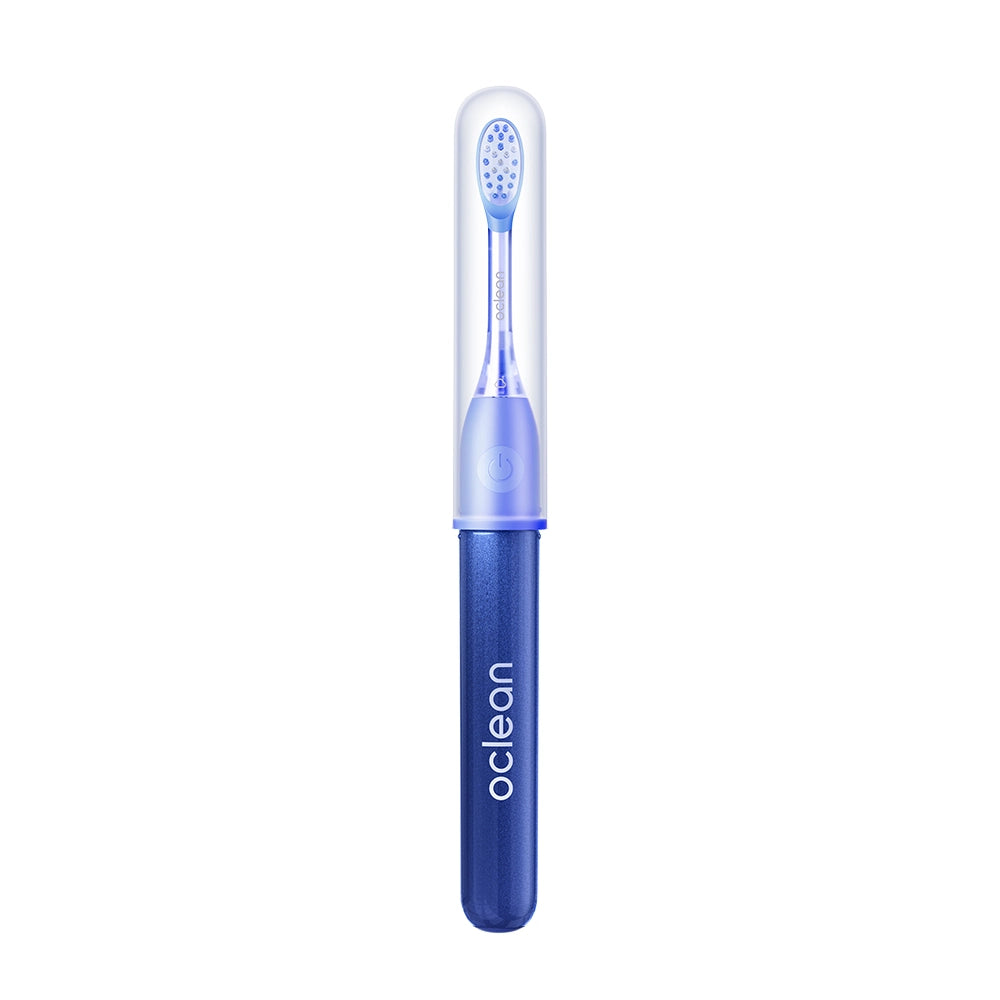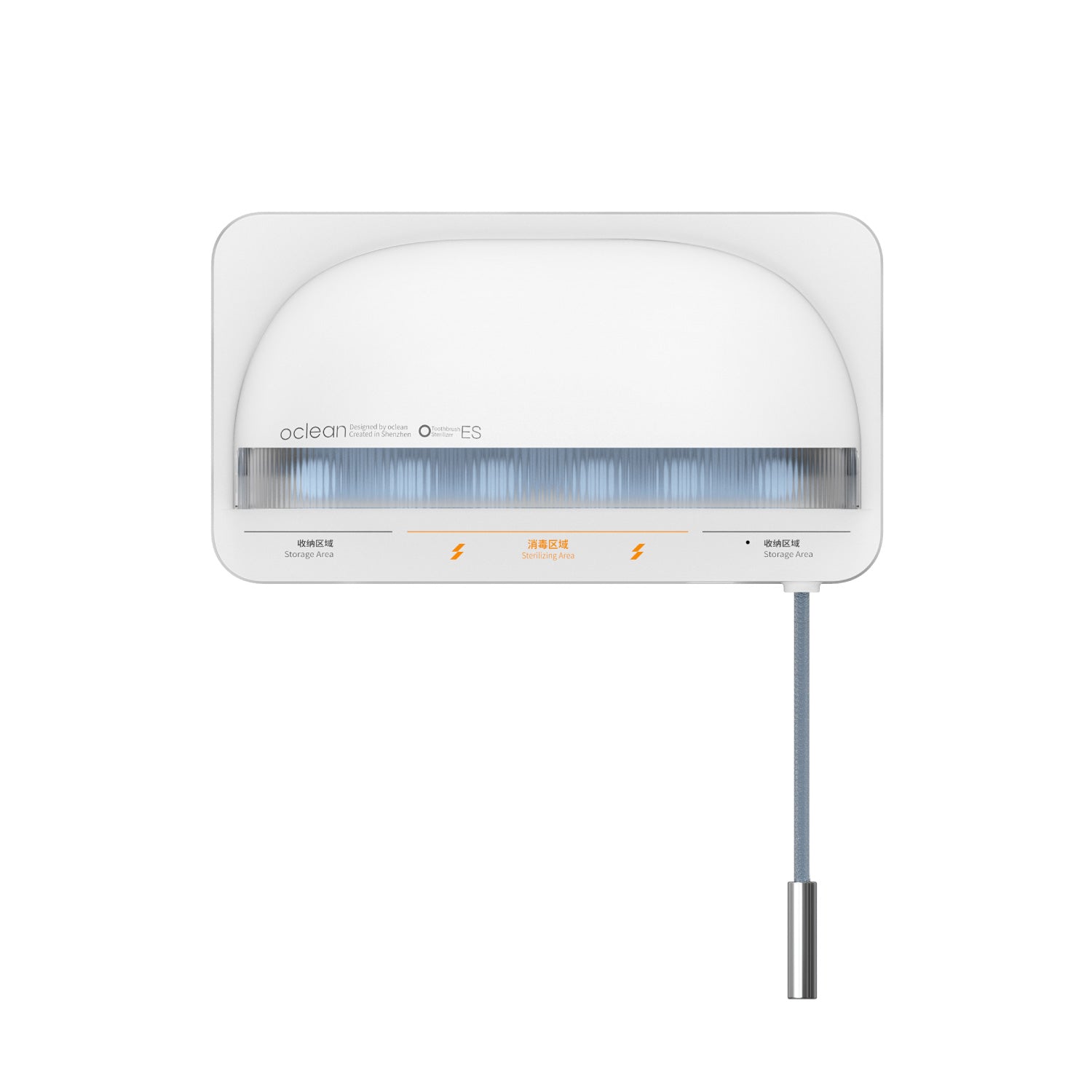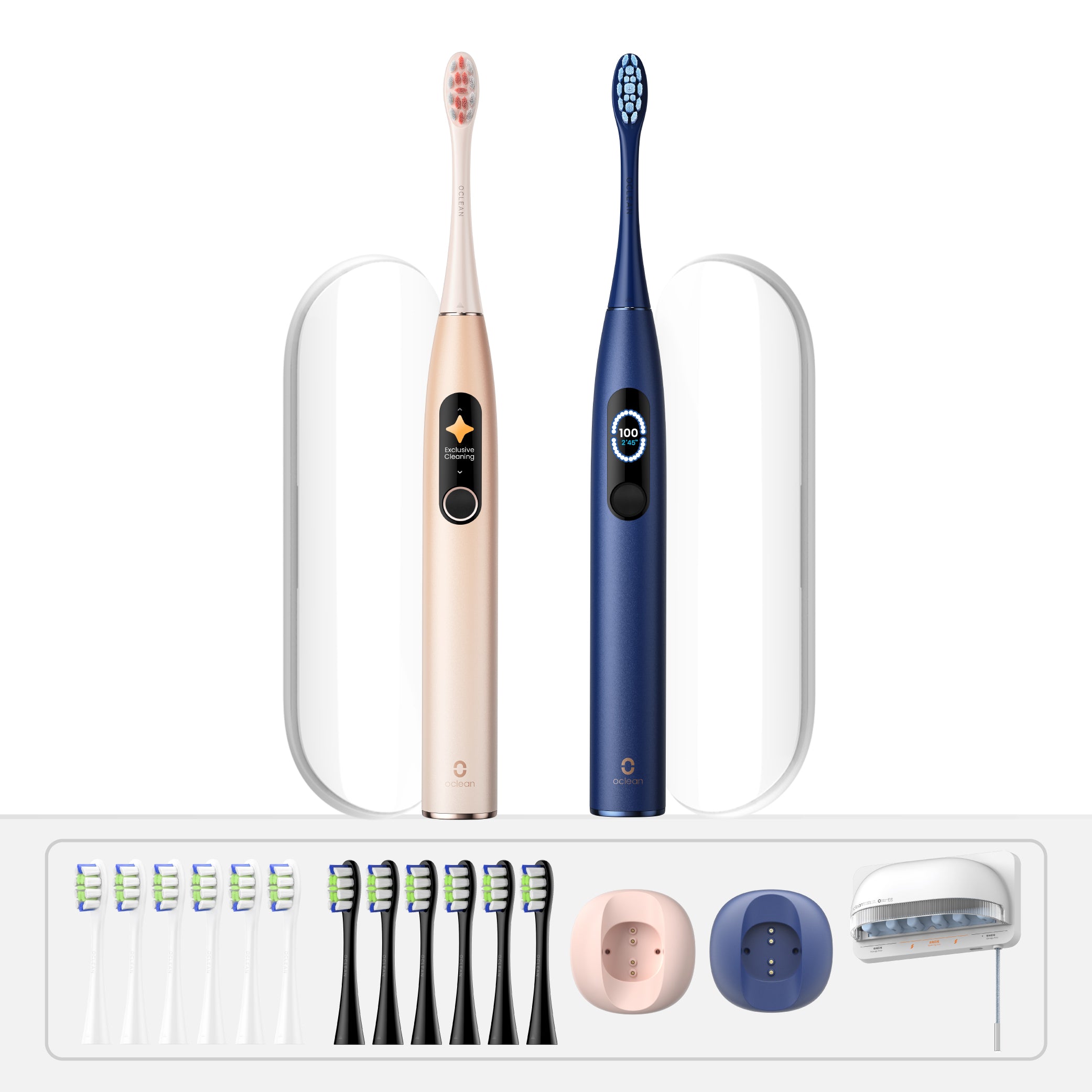Getting braces is an important milestone on the road to straighter, healthier smiles – but if you're like most, you're likely wondering: do braces hurt?

The short answer? Yes, there will be some discomfort, but not the frightening, unthinkable kind you might be imagining. The pain is temporary, tolerable, and all part of the process as your teeth start moving into new, proper positions.
In this guide, we will see what kind of pain to expect, the timeframe it usually occurs, why it occurs, and, most importantly, what you can do to ease it.
Why Do Braces Hurt in the First Place?
Braces apply consistent, gentle pressure on your teeth, causing them to gradually shift into proper positions. The pressure not only influences the teeth but also the bone and the surrounding tissues. When your teeth change positions, the ligament that anchors them stretches and compresses, creating discomfort. [1]
Several sources may cause braces pain:
- First fitting: When the braces and wires are initially installed.
- Tightening/adjustments: When the orthodontist adjusts the wires or installs new appliances
- Irritation and friction: Brackets rubbing against the lining of your lips and cheeks.
- Teeth sensitivity: Particularly while chewing or sipping on something hot or cold.
However, such pain is transitory and all part of your body responding to an adjustment for the better.
What Does Braces Pain Feel Like?
Each person is slightly different, but the typical person finds it is:
- A dull, throbbing pain in the teeth and jaw
- Pressure or constriction
- Slight pain during chewing
- Tender gums
- Irritation within the lips or cheeks
It is not usually sharp or agonizing. It is similar to being sore after exercise, an indicator that something is doing its job.
Do Braces Hurt When They’re First Put On?
Yes, everyone gets some discomfort after braces are fitted, but it is rarely sharp and is never agonizing in nature; it is more like pressure and soreness in your gums and teeth. [2]
Why does it occur?
When braces are put in place, your orthodontist installs brackets on your teeth and links them together with a wire. The wire puts gentle, consistent pressure on your teeth, pushing them into aligned positions. That pressure is why you feel soreness, it indicates that your braces are working.
What it feels like:
- A dull pain in your jaw or tooth
- Tenderness while biting or chewing
- Light irritation on the inside of the cheeks or lips (from rubbing against brackets)
How long does it last?
For most people, the discomfort starts several hours after the braces are installed and reaches its height on day 2 or 3. It should disappear in 5 to 7 days as the mouth acclimatizes.
Do Braces Hurt After Tightening?
Braces must be adjusted periodically, typically every 4 to 8 weeks. At each visit, your orthodontist adjusts the wire or elastics to maintain the pressure. Each visit can involve another onset of soreness. [3]
What to expect:
- Sore gums or tender teeth 1 to 3 days following an adjustment
- Slightly tender jaws
- At times, the pressure headaches
This is a normal, temporary soreness. Consider it a signal that your teeth are moving and your braces are doing their job.
When Do Braces Hurt the Most?
Here is what you can usually expect:
1. The First Few Days After Getting Braces
This is often the most unpleasant moment. You may experience soreness for 3–5 days following the initial application of braces. The pressure may make your teeth feel "tight" or sore. Some people may also experience head or jaw tenderness.
Eating may feel slightly uncomfortable during this period, and you might find it easier to eat soft foods such as soup, mashed potatoes, or smoothies.
2. After Tightening or Adjustment
When you get your braces tightened (every 4 to 6 weeks, usually), you should experience slight to moderate discomfort for about a day or two after. It is because the orthodontist is placing greater pressure on moving your teeth further.
3. If Something Pokes or Breaks
At times, the wire may hang loose and touch the cheek or gums, causing them to get irritated. It is not actually the same as having "brace pain," but it can be irritating until it is adjusted.
How Much Do Braces Hurt on a Scale of 1–10?
On a scale from 1 to 10, the majority find the pain from braces at about 1 to 3 – uncomfortable, rather than painful. When you get your braces installed, there is often no pain at all. It feels kind of funny, like your teeth dressed in some new attire.
Types of Pain You May Feel
Here is the breakdown of the various forms of pain or discomfort people experience throughout their braces treatment:
Pressure pain
The most typical kind. It resembles having a dull, ongoing pressure on your teeth. It occurs after getting braces applied or after an adjustment.
Soft tissue irritation
Brackets and wires may chafe against the inside of your lips or cheeks, leading to irritation or small ulcers, particularly in the early weeks. Using orthodontic wax can minimize such friction.
Jaw Soreness
As your bite shifts, your jaw muscles might need to adapt. It can result in minor jaw pain, particularly if your bite is being realigned substantially.
Pain after broken braces
When the wire loosens or the bracket breaks, it can jab the inside of your mouth and give you sharp, unexpected pain. Your orthodontist should repair it promptly.
Do Bottom Braces Hurt More?
They can, although not for all. Generally, people find the bottom braces slightly more inconvenient than the top braces, particularly when new.
Why? A couple of reasons:
- Your tongue lies against the bottom teeth, hence it comes into greater contact with the brackets.
- Actions such as speaking, chewing, or swallowing can cause the bottom brackets to feel sharper or more prominent.
- Also, the lower teeth tend to be smaller and closer together, and hence, might find the pressure slightly greater when moving.
But it is all manageable. Irritation can be reduced by wax, and after a week or two, most people hardly recognize it.
How to Relieve Brace Pain: 8 Simple Tips
Here are some simple, efficient methods for controlling pain associated with braces:
1. Eat Soft Foods
Eat things such as yoghurt, mashed potatoes, pasta, soup, and smoothies during the initial days following the placement of braces or an adjustment. [4]
2. Use Over-the-counter Pain Relief
Ibuprofen or paracetamol may help minimize inflammation and relieve pain. Take the dosage advice and seek your doctor if in doubt.
3. Cleaning with Warm Salt Water
This quiets sore gums and relieves minor mouth ulcers. Simply mix 1/2 teaspoon salt with warm water and swish it gently. [5]
4. Use Orthodontic Wax
When brackets or wires are irritating your cheeks and lips, use orthodontic wax to establish a smooth surface.
5. Use an Ice Pack
Wrap an ice pack in a towel and apply it to your cheek in the area near the painful spot. It will decrease inflammation.
6. Have a Cold Drink
Icy water or an iced smoothie may numb your mouth for a while and give relief from the soreness.
7. No Hard or Crunchy Foods
Avoid popcorn, nuts, tough candy, and crusty bread, particularly after making changes.
8. Stay Consistent with Oral Hygiene
A proper oral care routine is important. Use the gentle toothbrushes, such as the Oclean X Pro sonic toothbrushes, in order to properly clean your teeth and gums without causing any irritation. These toothbrushes has soft bristles and smart modes for brushing, making it simpler for you to maintain your teeth while undergoing orthodontic treatment.
How Long Does Braces Pain Last Overall?
Here’s a rough breakdown of what you can expect:
|
Time Period |
Pain Level |
What It Feels Like |
|
First 1–2 Days |
Moderate |
Pressure, sore teeth, soft tissue irritation |
|
Day 3–7 |
Mild |
Slight tenderness, improving comfort |
|
After Each Adjustment |
Mild-Moderate |
Temporary pressure for 1–3 days |
|
Long-Term (after a month) |
Minimal |
Occasional tenderness, usually barely noticeable |
When Should You Worry About Braces Pain?
It hurts slightly, but in some cases, it is necessary to visit your orthodontist. Reach out if:
- The pain is bad and doesn't disappear after a few days
- A wire is sticking painfull,y and wax is not the solution
- There may be swelling gums that aren't getting any better.
- A bracket is loose or is broken
- You have an open wound that won't heal or appears infected
Your orthodontist is there for you, so don't hesitate if something doesn't feel right.
So, Can Braces Hurt?
Yes, braces can be painful, but only momentarily and only briefly. It is completely normal to be anxious about braces pain, but it is never as horrible as people anticipate. Discomfort, in most cases, is minor, tolerable, and an indicator that the treatment process is in action. It is similar to the pain you experience in muscles after an intense exercise routine, temporary discomfort for ultimate benefit.
With some minor changes and TLC, you’ll soon find you adjust with surprising quickness. And all those small pains will be worth it when you flash that beautiful, confident smile.
Reference
Mundhada, Vedanti V., et al. “A Review on Orthodontic Brackets and Their Application in Clinical Orthodontics.” Cureus, vol. 15, no. 10, 1 Oct. 2023, p. e46615, pubmed.ncbi.nlm.nih.gov/37937031/, https://doi.org/10.7759/cureus.46615.
Lin, Wei, et al. “Factors Associated with Orthodontic Pain.” Journal of Oral Rehabilitation, vol. 48, no. 10, Aug. 2021, pp. 1135–1143, https://doi.org/10.1111/joor.13227. Accessed 11 Oct. 2021.
“Do Braces Hurt? What to Expect When You Get Braces.” Www.medicalnewstoday.com, 4 Dec. 2019, www.medicalnewstoday.com/articles/327201#do-braces-hurt.
Osborn, Corinne O’Keefe. “Do Braces Hurt?” Healthline, Healthline Media, 16 Nov. 2017, www.healthline.com/health/do-braces-hurt#when-you-first-get-them. Accessed 21 May 2025.
Leber, Crickett. “Do Braces Hurt? Your Comprehensive Guide to Managing Orthodontic Pain | American Association of Orthodontists.” American Association of Orthodontists, 30 Dec. 2024, aaoinfo.org/whats-trending/do-braces-hurt-your-comprehensive-guide-to-managing-orthodontic-pain/.
Table of Contents

